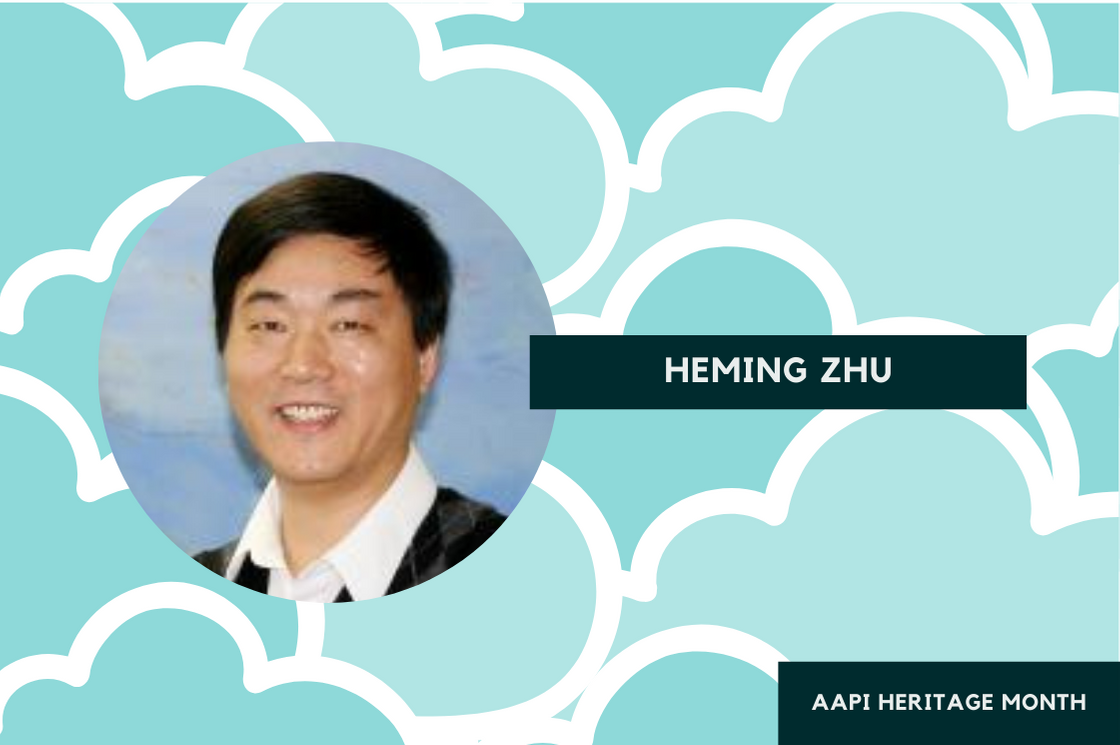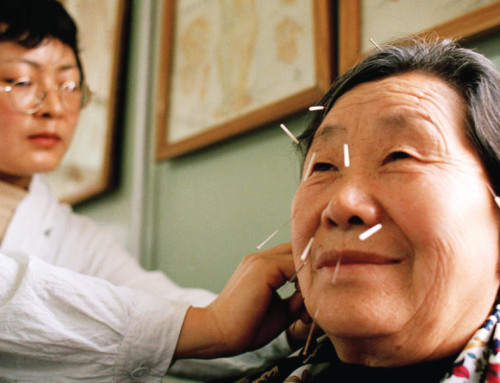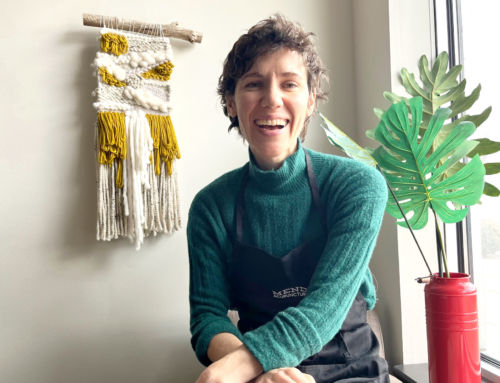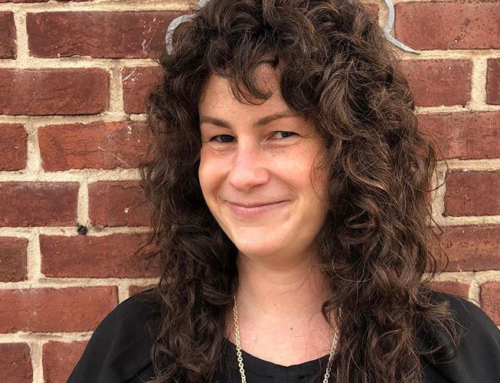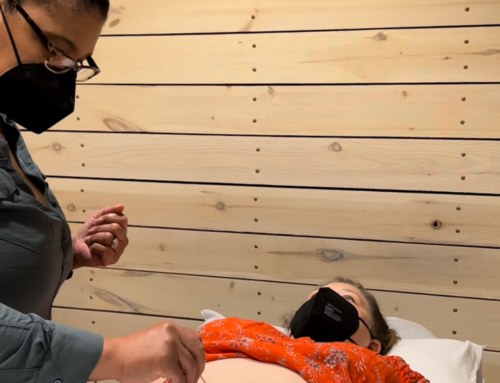Dr. Heming Zhu is a local, Columbia, Maryland-based practitioner, teacher, and scientist who trains cohorts of acupuncturists at the Maryland University of Integrative Health (MUIH). His academic credentials list is long with a PhD in Anatomy and Neuroscience and and MD in neurology, an international certificate of Chinese Medical Doctor by the World Federation of Chinese Medical Societies, a Master of Acupuncture from MUIH (formerly Tai Sophia), and he is a nationally board-certified acupuncturist and Chinese Herbalist through the NCCAOM. He has worked in research for the National Institute of Health (NIH), published many peer-reviewed articles, and authored a book, Surface Anatomy of Acupuncture. He is currently a ranked and appointed Professor of Acupuncture and Herbal Medicine and Integrative Health Sciences at MUIH.
I didn’t know any of this background about Heming when I entered my first class with him, Clinical Anatomy, during my second term of acupuncture school. Instead what I learned from and with him was an embodied curiosity about acupuncture. As a person who had relied heavily on my mind and analytical skills, didn’t always feel particularly comfortable in my own body, and considered my skills of proprioception as lacking, this clinical anatomy course was foundational for my development as a student and practitioner as it preceded courses for acupuncture point location. We would start each class learning the names of structures, seeing them on slides, and discussing movements to help identify them under the skin. Then we would have lab times to practice identifying the anatomy with and on our classmates. Honestly, I dreaded that part. Yes, I’ll learn it all theoretically and with images! But…the actual touching and being touched? That was super challenging for me.
Heming brought a joyful rigor to the learning. He coached us with patience. He told us that we were medical people which brought a kind of clarity to the study. He trusted his teaching assistants who were students a few semesters our senior which instilled confidence that I could learn this too. As we practiced, he would sometimes study the skeletons in the classroom. Then he’d invite us over to show us nuances of the bones and what he could infer from this. This made these skeletons whole people who had lived lives to me. It put flesh on the bones. He told us about how medicine was in his family and that he’d studied since he was quite young. As a young man, he’d had to assemble a skeleton in the dark by just feeling the bones in his hands. This is a kind of mastery and deep down-to-bones knowing that still gives me pause and elicits awe.
I had multiple classes with Heming over the course of study. Near the end of my program, I had a course Heming taught, Biomedical Integration with East Asian Medicine, that has been expanded into two trimesters. He started this class by reviewing the history of Chinese medicine and then turning to integrative medicine in contemporary America. This provided scope. Where and who did we come from? Where are we now? Where are we going and who do we want to be as medical professionals?
Throughout the course, we examined different illnesses from the common cold to chronic fatigue syndrome and considered etiology, symptoms, diagnosis, and treatment from Chinese and Western medicine perspectives. It was not an either/or game, but a both/and broadening. Heming would literally translate language and teach us to help translate with our clients who came in with biomedicine diagnoses. We read peer-reviewed research and learned from Heming’s experience with patients as well as our own from work in the student clinic.
I have a note from the last day of that class that I put quotes around to remind myself that these were Heming’s words. I think it reflects how I saw him as a teacher and how I want to live. He said, “Make a career of humanity.”
References
Dr. Heming Zhu’s website: http://www.harmonyacm.com/

